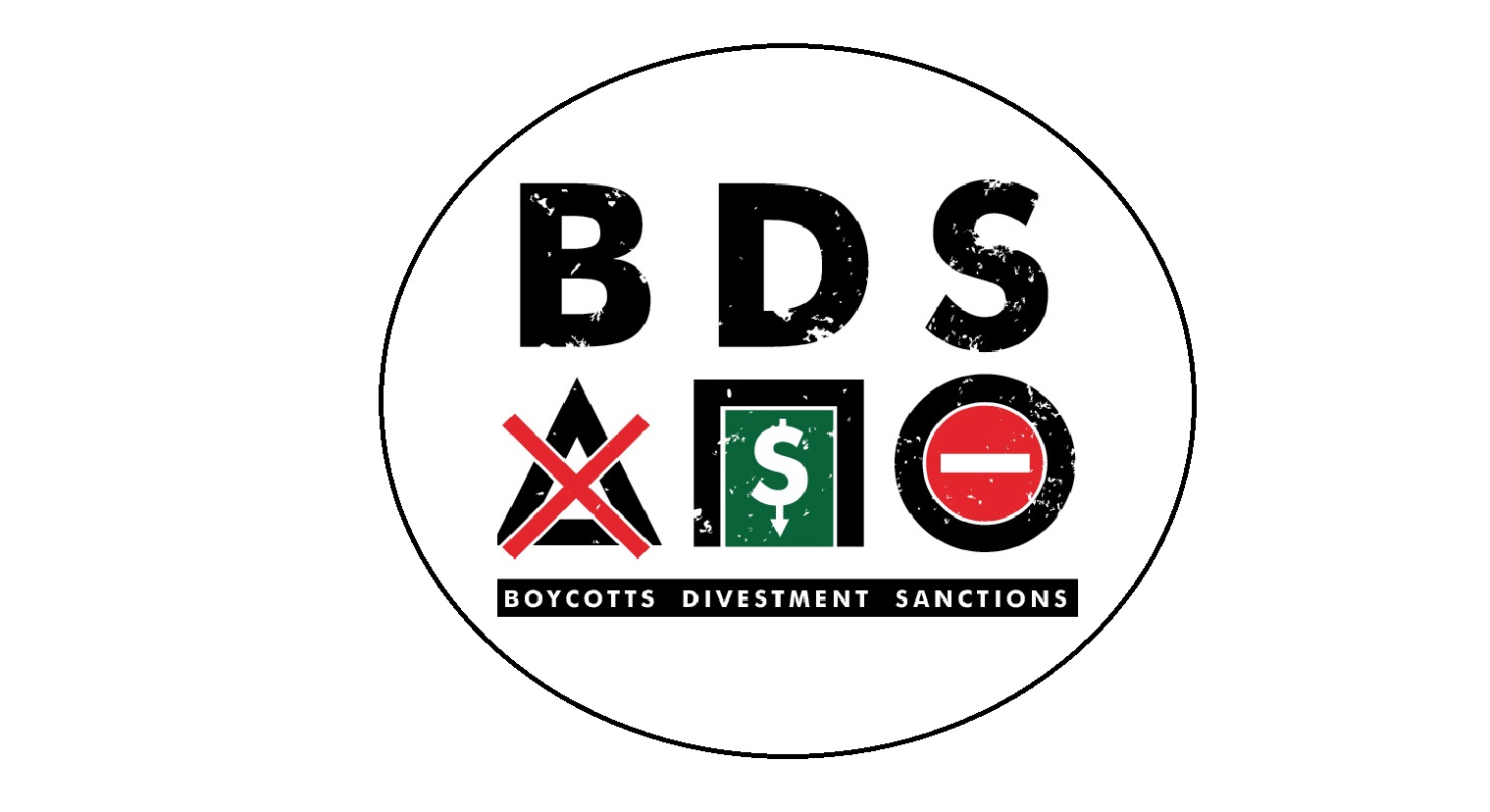In conversation: Is there a place for BDS on campus?
Silencing the conversation around BDS is destructive to freedom of speech
Although eleven years have passed since the first Israeli Apartheid Week (IAW), the controversy has not diminished. More than 150 cities across the globe have hosted IAW in the month of February or March to educate people about holding Israel accountable for its human rights violations against Palestinians. It encourages people to participate in non-violent resistance through the growing Boycott, Sanctions, and Divestment (BDS) movement. BDS calls for the end of occupation and colonization of Palestinian land, the dismantlement of the separation wall, and the right of return for Palestinian refugees. University campuses are among the most popular spaces to host IAW.
This year, IAW Toronto was hosted by Students Against Israeli Apartheid, the Coalition Against Israeli Apartheid, and the University of Toronto Graduate Students’ Union (UTGSU) BDS Committee. Their event, “Our Struggles Unite,” highlighted building solidarity networks among various groups struggling against oppression. Palestinian-American poet Remi Kanazi and Indigenous activist Amanda Lickers were the featured speakers. Students could sign a divestment petition demanding the university to divest from companies complicit in or benefitting from Israel’s violations of international law in occupied Palestine.
Hosts of the event also discussed recent actions that are affecting the BDS movement on campuses across Canada. In February, a Conservative motion called for the condemnation of the BDS movement, and all organizations, groups, and individuals who promoted it in Canada and abroad. The motion was passed by the House of Commons with huge support from the Liberal party. The government’s recent condemnation comes at a time when BDS continues to expand its presence across university campuses. Just last year, McMaster University’s student union passed a motion in favor of BDS at their General Assembly. Similar motions have been brought up at other universities, including Western, Waterloo, and McGill. While the General Assembly of the Students’ Society of McGill University passed a BDS motion, it was defeated by the student body in an online ratification. Nevertheless, the increasing number of these motions that have appeared on student unions’ agendas indicates that BDS is garnering more attention and support as an effective movement towards peaceful resistance. Palestinian oppression is an important human rights issue that students across campuses should be encouraged to learn about.
It’s disturbing that a government that advocates for free speech is attempting to intimidate student activists into silence.
The government’s motion is already creating a more coercive political culture on campus. In late February, after the BDS motion failed, McGill’s Principal and Vice-Chancellor issued a public statement that the university would steadfastly oppose, and continue to oppose the BDS movement. Such strong denouncement of only one particular activist movement, from both the government and university administrations, should concern students about their rights to freely exercise speech on campus. Especially when it comes to discussing a controversial issue like Israeli Apartheid, students should feel safe to vocalize their beliefs without fearing repudiation from their university administrations.
It isn’t only activists that are worried about these decisions. Even members of government who supported the anti-BDS motion expressed their concerns about its impact. Although he disagrees with BDS, Foreign Affairs Minister Stéphane Dion accused the Tories of creating unnecessary political division between parliament members, stating, “Intimidation, name-calling, and accusations will not lead to constructive dialogue.”
And that’s exactly what this motion and other condemnations from higher authorities represent: a tactic to silence people from exercising their freedom of speech openly. These condemnations establish a difficult space for Palestinian student activists to safely express their opinions like any other student groups. Whether it’s struggling to get permission to book event spaces, having their events disrupted and posters for IAW ripped down, or getting labelled anti-Semitic for pointing out Israel’s human rights abuses, being pro-Palestine and pro-BDS on campus on is not easy. It is only made worse when university administrations do relatively little to protect activists they don’t like.
Whether you are in favor of BDS or not, and whether you think its goals are effective or not, the right thing to do is to have a conversation about it, instead of shutting it down through coercion and condemnation. Freedom of speech is most valuable when people can openly discuss difficult, controversial issues.
These conversations are inevitably difficult. One of the poems that Remi Kanazi performed at the IAW event was called “This Divestment Bill Hurts My Feelings,” in response to some university students who claim that talking about BDS makes them feel hurt and uncomfortable. Yes, Kanazi pointed out –talking about injustice and oppression makes people feel uncomfortable. However, just because having these conversations makes people emotional, doesn’t mean we don’t need to have them. Our government and administrations have no place in trying to keep us from speaking out about the things that matter to us.
Dhvani is a first year student at Trinity College planning on studying International Relations and Ethics, Society, and Law
